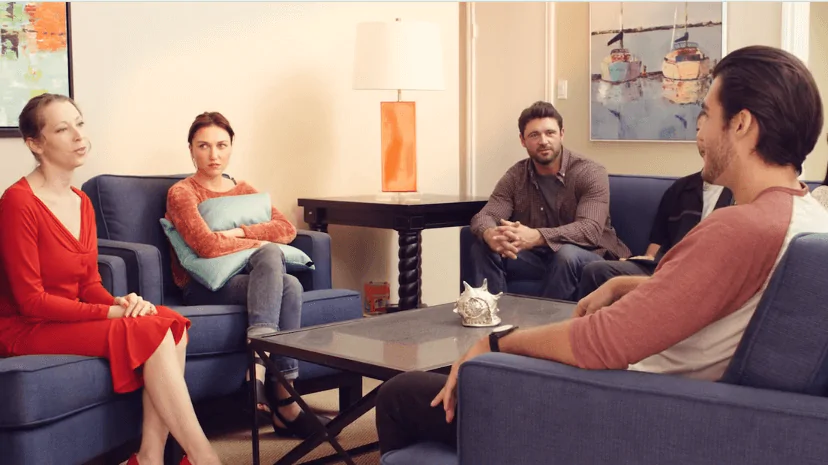24/7 Helpline:
(866) 899-111424/7 Helpline:
(866) 899-1114
Learn more about Bipolar Disorder Treatment centers in Okemah

Other Insurance Options

ComPsych

Amerigroup

Private insurance

Humana

AllWell

Horizon Healthcare Service

Magellan

Medical Mutual of Ohio

Choice Care Network

Coventry Health Care

Optima

United Health Care

GEHA

Excellus

Molina Healthcare

UMR

WellPoint

EmblemHealth

Oxford

State Farm

Creoks Mental Health Services
Creoks Mental Health Services is a private rehab located in Okemah, Oklahoma. Creoks Mental Health S...






















